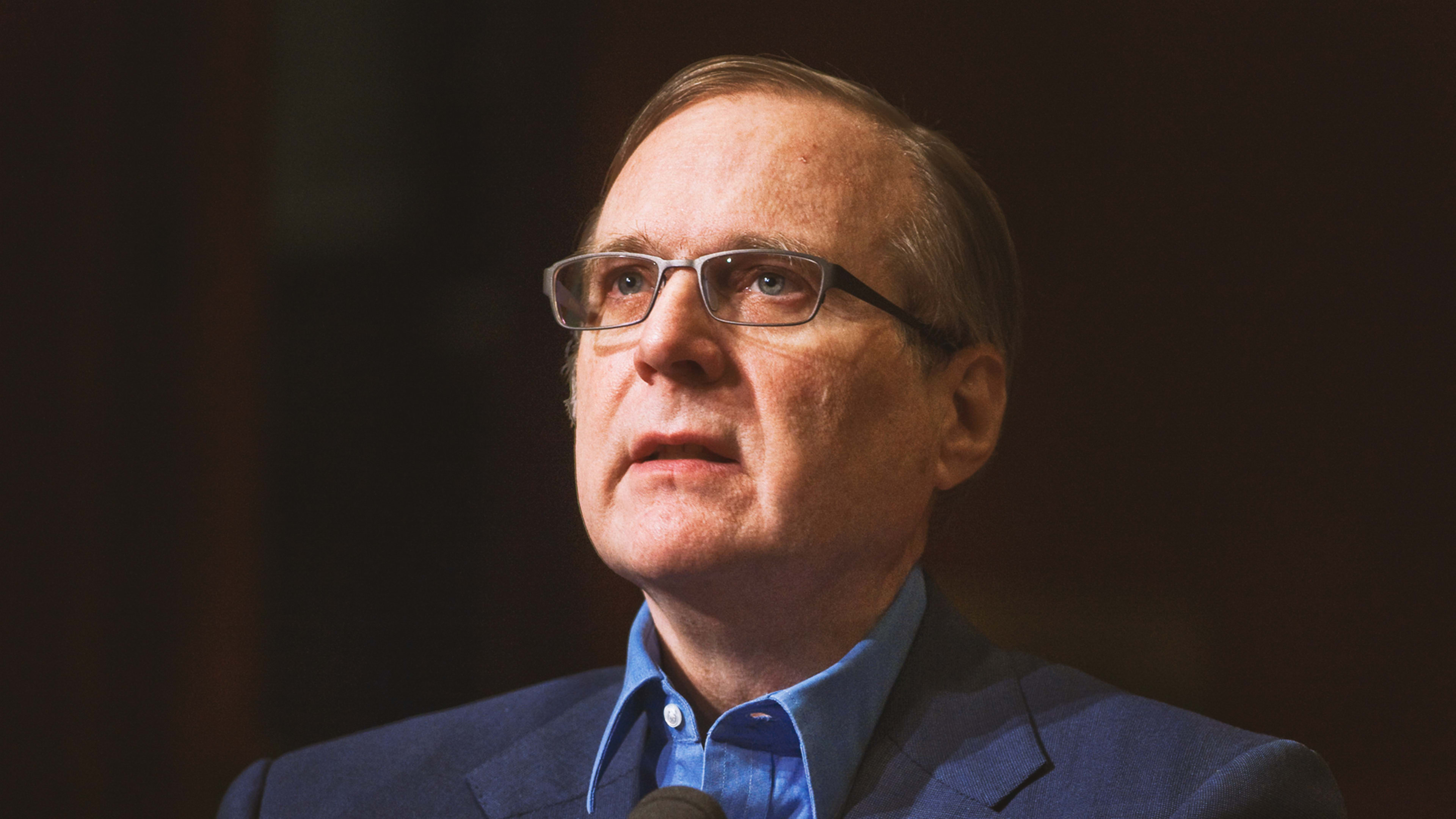You can’t summarize the work of Paul Allen—who died today at the age of 65–without starting with the fact that he cofounded Microsoft with Bill Gates. But leaving it at that scarcely captures Allen, whose autobiography—Idea Man—carried a title that was less self-aggrandizement than a simple statement of fact.
At the age of 21, Allen was a journeyman software engineer when he kicked off Microsoft’s founding story by purchasing the January 1975 issue of Popular Electronics at a newsstand in Harvard Square. The issue had a cover story on MITS’ Altair 8800, a breakthrough build-it-yourself microcomputer kit. Allen and his friend Bill Gates, a Harvard student at the time, seized the opportunity to write a version of the BASIC programming language for the Altair—even though they didn’t own an Altair to test it on.
Altair BASIC’s success led to the duo starting a company called “Micro-Soft” to write BASICs for other computers. Over time, the company produced additional programming languages, operating systems, word processors, spreadsheets, email apps, accounting packages, server software, CD-ROM titles, web browsers, and . . . well, you get the idea. At the start, Allen and Gates may not have set out to put a computer on every desk and in every home running Microsoft software—Gates, by Stephen Manes and Paul Andrews, says their famous mantra came along later—but the vision, over time, turned out to be even bigger than that.
Here’s Paul Allen’s pre-Microsoft resume from 1974—when he aspired to make $15K a year—as displayed at his own wonderful Living Computers museum. pic.twitter.com/MjRaTv03au
— Harry McCracken 🇺🇦🇮🇱 (@harrymccracken) October 15, 2018
Much of that expansion came after Allen left full-time work at Microsoft in 1983, not long after discovering that he had Hodgkin’s disease—but also, he explained in Idea Man, because his working relationship with Gates had grown tense. With his sister Jody, he then founded Vulcan Inc. as a launchpad for an array of activities.
In 2014, we credited Allen and Gates with having saved their hometown of Seattle when they decided to relocate the fledgling Microsoft there from Albuquerque in 1979. Having saved the city, Allen proceeded to have an outsize impact on it over the next four decades—not just as a tech entrepreneur but also in roles such as real estate magnate, founder of museums devoted to pop culture and computers, and musical impresario. I’ve never lived in Seattle, but most every time I’ve visited, my friends have brought up Allen and his most recent activities without prompting. No single Silicon Valley tycoon has had so much local influence for so long.
Allen, who became a billionaire in 1990, was certainly involved in plenty of projects that didn’t go much of anywhere—the FlipStart PC, a tiny Windows palmtop, sticks in my mind—but that’s explained, in part, by the sheer volume of things he did. He funded companies in out-there categories such as fusion energy as well as more straightforward areas like social media, tried to turn a cable company into a next-generation communications behemoth, and pioneered private space flight. He was an exceptionally generous philanthropist in areas from ocean health to Ebola research. He’s almost as famous for owning the Seattle Seahawks and Portland Trail Blazers as for having cofounded Microsoft, but you could spend weeks just digging up interesting stories about his other pursuits. (Did you know he funded the team that found a lost World War II aircraft carrier?)
In the end, Allen took idiosyncratic risks, spent money on things because he found them personally interesting, and—it always seemed—had an enormous amount of fun along the way, regardless of the bottom line. He didn’t have a second act after Microsoft; he had dozens of them, and that relentless quest adds up to a sizable chunk of his legacy.
Recognize your brand’s excellence by applying to this year’s Brands That Matter Awards before the early-rate deadline, May 3.
